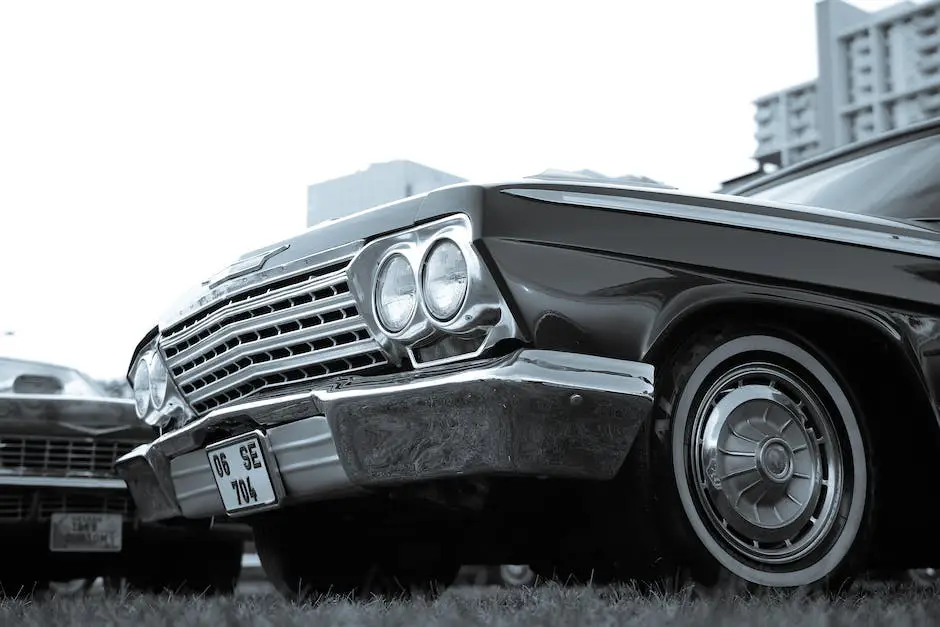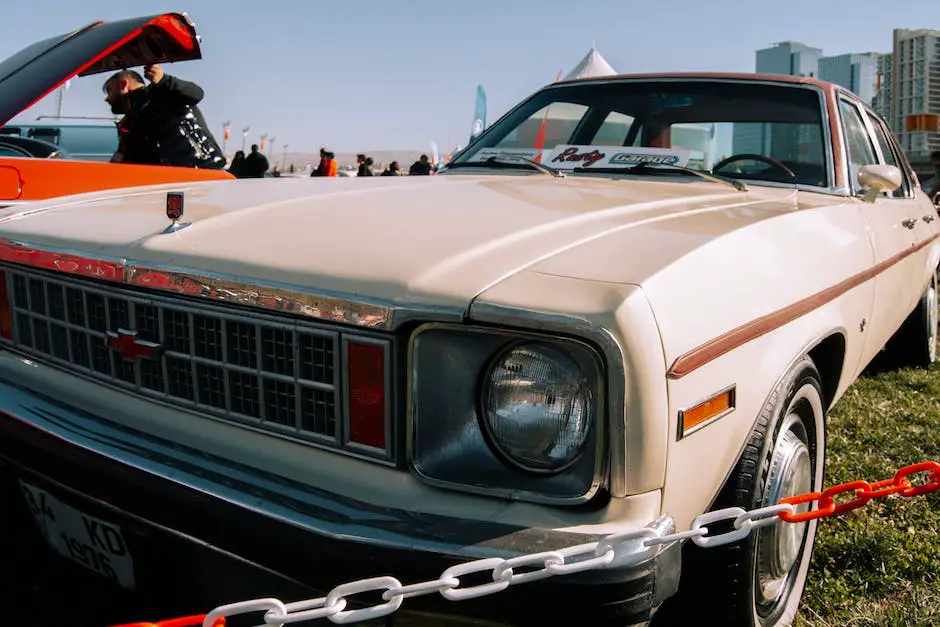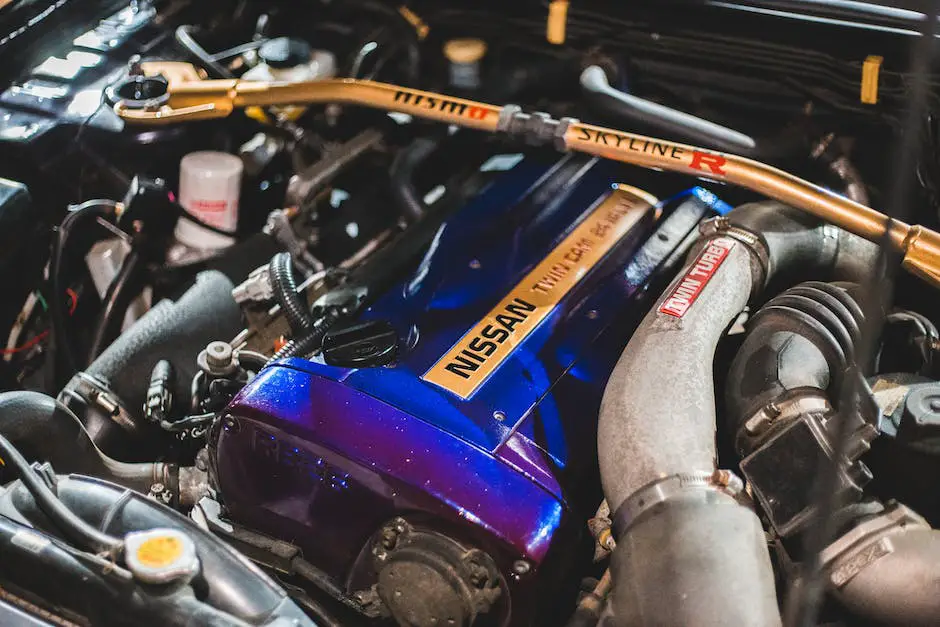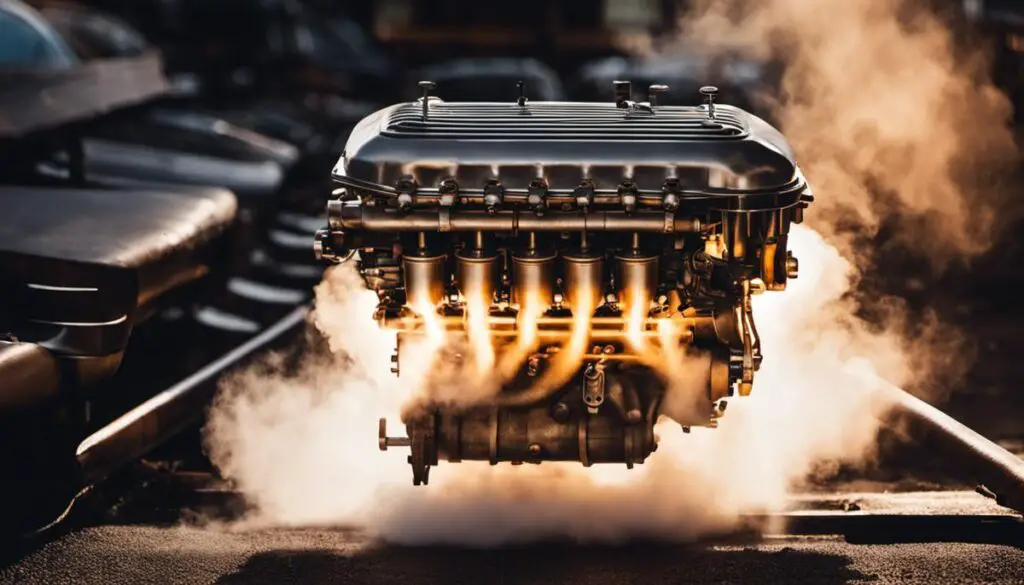Few things are as essential to vehicle owners as understanding potential issues that can arise with their rides. When it comes to the 2011 Chevy Cruze, a popular choice amongst consumers, a range of problems have been identified and documented over the past decade. This piece explores these issues spanning vital vehicle systems including the engine, transmission, electrical systems, and the cooling system. Additionally, recalls and service bulletins related to this model will be brought to attention in an effort to equip Chevy Cruze owners with the necessary knowledge to recognize, troubleshoot, and address these common complications.
Engine Problems
The 2011 Chevy Cruze, though an impressive model on the spectrum of affordable compact cars, can sometimes be a source of engine-related concerns. As enthusiasts diving into the world of cars and car maintenance, it’s essential to understand these specific issues, how they manifest, and what can be done about them.
One of the primary engine-related issues in the 2011 Chevy Cruze is the engine’s propensity to consume an excessive amount of oil. This issue could be due to a faulty PCV valve, a common defect in this model. An unusually high oil consumption rate can lead to further engine damage, so it’s crucial to maintain regular checks on the oil level and promptly replace any faulty valves.
Bear in mind, the engine of the 2011 Chevy Cruze may also be subject to coolant leaks. This could occur due to a cracked thermostat housing. Coolant loss not only impacts the engine’s cooling system but can also lead to more severe damage if the coolant leaks onto other parts of the engine. Regular checks for any change in coolant level and repairing any cracks could save you from any significant engine troubles in the long run.
The 2011 Chevy Cruze had its fair share of recall for some of their components. An essential cause was the risk of engine fires due to engine shield trapping oil or other fluids. It’s highly recommended to ensure the recall was indeed addressed if it hasn’t been done already.
This model also seems susceptible to a malfunction of the turbocharger. Problems with the turbocharger can excessively burden the engine and adversely affect fuel efficiency. Symptoms include sluggish acceleration and a significant decrease in gas mileage. Keeping a keen ear to any unusual sounds paired with changes in acceleration can hint toward turbocharger issues.
Lastly, many owners of the 2011 Chevy Cruze reported that the engine may stall without warning due to negative battery cable failures. This issue not directly linked to the design or functionality of the engine, could, however, significantly impact overall performance. Regular battery checks can help in detecting any such problems early on.
Knowledge, they say, is power. Knowing the potential Achilles heels of the 2011 Chevy Cruze could prevent unexpected breakdowns and costly repairs, ensuring that these machines keep purring contentedly for many miles more. So, keep those tools handy, and those oil slicked gloves ready as we forge ahead in this spirited journey of automotive discovery! Stay tuned for more insights.

Transmission Issues
2011 Chevy Cruze Transmission Woes: What Failures Could You Encounter?
As dedicated gearheads and motor enthusiasts, it’s crucial to understand the potential issues our prized vehicles may encounter, particularly the often complicated transmission system. The 2011 Chevrolet Cruze, known for its excellent MPG and comfortable interior, unfortunately has reported transmission problems to match its compact design. This guide aims to alert owners or potential buyers about these issues.
First up is premature transmission failure. This predicament may lead owners to shift gears erratically or not engage at all. This disturbing scenario typically surfaces around 70,000 to 75,000 miles, presenting high-cost repairs for the unwary owner. This failure can leave a driver stranded in a stationary car; thus, having a trusted mechanic look for early signs such as grinding or shaking during gear changes, leaking transmission fluid or a burnt smell is utterly crucial.
Another bane of 2011 Chevy Cruze owners could be the notorious “P700 error code.” This issue deals with the car’s emission control system, causing problems with the transmission and engine performance. Ignoring this could lead to worsening issues, such as decreased fuel efficiency and increased emissions, best to heed the dashboard warning light and have it examined swiftly.
Transmission fluid leaks are another common issue with the 2011 Chevy Cruze, often indicated by patches of red fluid underneath the parked car. Apart from obvious leakage, symptoms like delayed gear shifting, inconsistent shift patterns, and grinding noises demand immediate attention. Preventive measures include regular checks of transmission fluid levels and seals, ideally every 30,000 to 60,000 miles.
Further down the road, owners might encounter the dreaded “Shift to Park” message, even when the car is in park mode. This is due to a signal miscommunication between the shifter assembly and the transmission control module. This issue may lead to extinguishing vehicle lights or a total vehicle shutdown if not rectified pronto.
The automatic transmission clutch spring retainer in the 2011 Chevy Cruze can also be problematic. This can cause the car to jerk, lose speed suddenly, or have difficulty shifting gears. Although this issue is infrequent, it poses a driver safety concern.
Finally, some owners have reported that they couldn’t shift out of park position. This scenario arises due to a malfunction in the brake-shift interlock system, rendering the car immovable. Usually, drivers can override this system manually, but this should be a temporary solution while seeking proper mechanical intervention.
To conclude, a 2011 Chevy Cruze owner might grapple with various transmission related issues. Regular and preventive maintenance is the most efficient method to thwart these potential pitfalls. After all, our vehicle is so much more than a means of transportation; it’s a reflection of our passion, so nurturing it becomes a labor of love.

Electrical/System Failures
Beyond the mechanical issues, several key electrical and system failures have been reported in the 2011 Chevy Cruze model. These flaws pose serious inconveniences and sometimes even safety risks — something every Chevy enthusiast should be familiar with. Understanding these potential faults can lead to quicker diagnosis and repairs, ensuring better vehicle performance.
One of the most reported issues in the 2011 Chevy Cruze is the failure of the Transmission Control Module (TCM). This vital part manages all aspects of the transmission system. A fault here often triggers the Check Engine light and can cause the car to abruptly go into a “limp mode,” limiting the speed to prevent further damage. Remember, the TCM is the vehicle’s brain when it comes to shifting gears – its malfunction can be serious.
Another substantial problem lies in the electronic throttle control (ETC). The ETC regulates the throttle position, which directly impacts the amount of air entering the engine. When this system fails, it can lead to rough idling, sudden drops in RPMs, and uneven acceleration. A properly functioning ETC is crucial for the smooth operation of the vehicle!
Then comes the Electrical Power Steering (EPS) failure. In this scenario, the steering wheel becomes hard to turn and the EPS warning light gets triggered. This issue, however, is often solved by replacing the EPS motor, though some scenarios required a complete replacement of the steering column.
Another failure people have reported has to do with the air conditioning system. This system’s sporadic failure in the 2011 Chevy Cruze leads to an uncomfortable cabin environment. In most cases, this occurs due to a malfunction in the A/C compressor, a crucial component responsible for maintaining the refrigerant flow.
Critical to the system failures discussion is the Cruise Control function. Reports indicate its tendency to intermittently fail or not engage at all. The culprit is often a defective brake switch that prevents the system from activating. This is a noteworthy point as cruise control adds significant comfort and efficiency to long drives.
Among all these, drivers also encounter issues with the Key Fob, which controls various car features. The common problems include unresponsiveness and difficulty locking or unlocking the vehicle. This is due to the Key Fob’s internal wear and tear, weakening of the signal, or a flat battery.
Lastly, the AMT (Automated Manual Transmission) system has also been flagged as problematic. The gears often get stuck and fail to change smoothly. This prolongs the shift process, causing jerks and discomfort during driving. It’s a severe concern, considering that the transmission system should be nifty and reliable.
In conclusion, like any vehicle, the 2011 Chevy Cruze isn’t perfect. While being an excellent choice for compact car enthusiasts, it has shown a few nagging system and electrical failures on top of its mechanical issues. By staying informed, we can better understand, handle, and preemptively solve these potential problems, ensuring a smoother, safer ride.

Cooling System Problems
Continuing then, let’s dive further into the less common but just as crucial cooling system issues of the 2011 Chevy Cruze. Though the problems covered so far are more common, it’s crucial to be aware of the less frequent hiccups to prevent any devastating surprises on the road.
For one, the infamous Radiator Fan failure is an issue some Cruze owners have reported. This can lead to over-heating and potential engine damage if overlooked. Common symptoms include the engine running hotter than usual, especially while idling, and a failed ‘fan clutch check’ in a physical inspection.
Then there’s the thermostat sensor issue. These devices send key temperature readings to the on-board computer that controls the engine’s cooling strategy. Suppose there’s a malfunction in this part. In that case, it can lead to incorrect readings, and the wrong cooling decisions being made by the computer, which could then lead to the engine either running too cold or overheating.
One rare but significant issue that’s been reported is a problem with the radiator cap. A properly functioning cap is crucial as it maintains the right level of pressure in the cooling system and prevents the coolant from boiling over under high temperature. If a radiator cap isn’t doing its job, it can lead to escaping pressure which subsequently causes the coolant to boil over.
Next up are issues with the water pump. The water pump is essential for circulating the coolant through your engine’s cooling system, and a failure might result in the engine heating up significantly. Tell-tale signs include a vehicle overheating, coolant leakage, or a troublesome whining sound from the front of your engine.
Lastly let’s talk about the coolant temperature switch: if it fails, it can give wrong readings of the engine temperature, resulting in the engine overheating. Symptoms of a bad coolant temperature switch include fluctuating temperature gauge, poor fuel economy, irregular coolant temperature, and an illuminated check engine light.
In conclusion, while the bulk of cooling system problems for the 2011 Chevy Cruze are already covered, one should certainly not discount these less common problems. By paying attention to these potential issues, a Cruze driver can preempt problems down the line, leading to a cooler, and happier Chevy Cruze experience! Keep your coolant, engines, and radiator in check, and those enjoyable rides will continue to roll!

Recalls and Service Bulletins
– Rupture in the timing belt
– Ignition lock cylinder issues
Entering the off-beat path, we will talk about something often overlooked – Safety recalls. The “four-point seat belt” issue, where seat belts were improperly installed, leading to safety concerns, is a recall that gearheads should definitely know about. This problem primarily concerned models built between 2011-2012.
In addition, recalls related to the risk of improper airbag deployment, and its subsequent replacements also dominated the 2011 Chevy Cruze owners’ navigational charts. An improperly deployed airbag can significantly increase the risk of driver or passenger injury in the unfortunate event of a collision.
Moving onto the adventurous pathways of electrical issues, expect to deal with headlight failures, sparking from under the hood, and the infamous “dies while driving” issue. Risky, yes! Annoying, even more so. Furthermore, problems with the ignition switch and ignition coil were also noted, leading to difficulty in starting the vehicle and unresponsive engine despite turning the key in the ignition.
Lastly, exploring the road of service bulletins, a notable one is about rear brake caliper bolts. In certain 2011 Cruze models, these bolts may have been torqued over specification. Over time, it can lead to damage and loss of braking in rear wheels. This bulletin instructed dealerships and repair shops to inspect and if necessary, replace these components.
Cruising with the Chevy Cruze certainly holds the promise of a thrilling journey. Like every vehicle, it has its bumps and hurdles – but being aware and abreast of the potential issues will certainly help navigate the ride!

Understanding the issues that tend to occur in any particular car model is the first step towards preventative maintenance and unhindered performance. Throughout this piece, we’ve delved into a variety of issues linked with the 2011 Chevy Cruze, offering insight into everything from engine woes to transmission troubles, electrical system failures, and cooling system problems. Additionally, the essential information on the official recalls and service bulletins issued for the car model have been layered in. It is our hope that the knowledge, pointers, and solutions provided herein will empower 2011 Chevy Cruze owners to keep their vehicles in the best possible condition, ensuring their rides remain effective, safe, and enjoyable for years to come.

Tomas is a retired Chevy Auto Technician that brings decades of hands-on experience and expertise to the table. He’s also a father to two incredible daughters. He enjoys using his knowledge and experience to help you solve and find reliable information on Chevrolet vehicles. Whether it’s troubleshooting engine problems or providing tips for maintenance, Thomas is committed to helping Chevy owners keep their vehicles running smoothly and safely.



